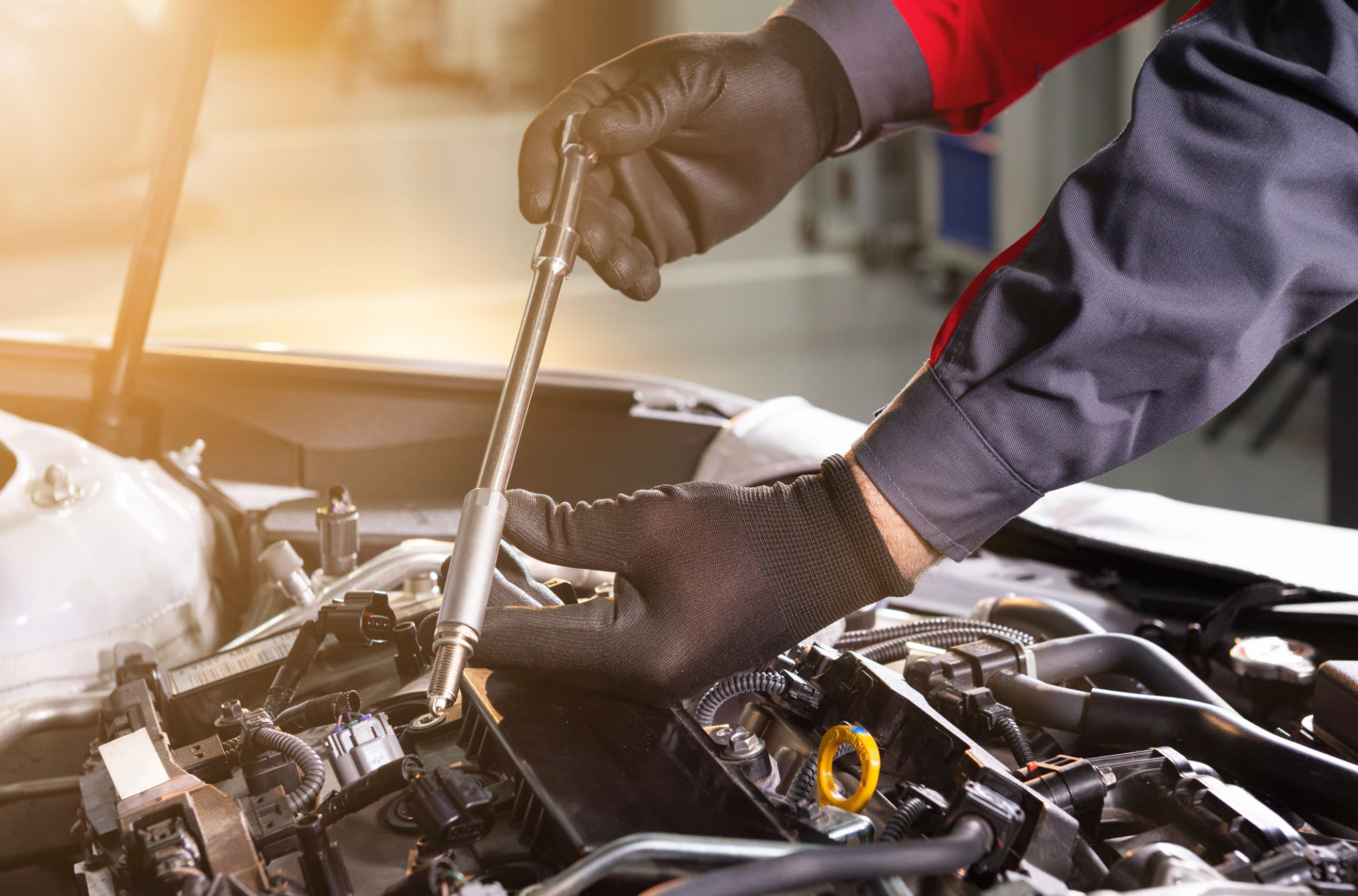Common Misconceptions About Car Maintenance Debunked
Introduction to Car Maintenance Misconceptions
When it comes to car maintenance, many drivers operate based on advice passed down through generations or myths that have become widely accepted as fact. However, these misconceptions can often lead to unnecessary expenses or even damage to your vehicle. Let's take a closer look at some common myths and the truth behind them.

Myth: Engine Oil Needs to Be Changed Every 3,000 Miles
One of the most persistent myths is the need for an oil change every 3,000 miles. While this might have been true for older cars, modern vehicles are designed to go longer between oil changes. Most manufacturers now recommend changing the oil every 5,000 to 7,500 miles. Always refer to your vehicle's owner's manual for specific guidance tailored to your car.
Why the 3,000-Mile Rule Persists
This myth persists partly due to aggressive marketing from oil change companies and outdated advice. It's essential to base your maintenance schedule on your car's needs rather than generalized recommendations.

Myth: Premium Fuel Improves Performance
Another widespread misconception is that using premium fuel will enhance your car's performance. In reality, unless your vehicle specifically requires premium fuel due to a high-performance engine, using regular unleaded gasoline is perfectly fine. Using premium fuel in a car that doesn't require it offers no added benefit.
The Science Behind Fuel Grades
Premium fuel has a higher octane rating, which prevents knocking in high-compression engines. However, for most standard engines, this is unnecessary and merely an added expense without any performance gain.

Myth: Tire Pressure Only Needs Checking in Cold Weather
While it's true that tire pressure can fluctuate with temperature changes, it's a misconception that checking tire pressure is only necessary in cold weather. Tire pressure should be checked regularly throughout the year to ensure optimal safety and fuel efficiency. Under-inflated tires can lead to uneven wear and reduced gas mileage.
Proper Tire Maintenance Tips
- Check tire pressure monthly using a reliable gauge.
- Rotate your tires every 5,000 to 7,500 miles.
- Inspect tires for any signs of damage or uneven wear.

Myth: Brake Fluid Never Needs Changing
Some drivers believe that brake fluid is a lifetime fluid that never needs changing. This is not the case. Over time, brake fluid can absorb moisture from the air, leading to decreased braking performance and potential damage to the brake system. Regular replacement is crucial for vehicle safety.
When to Change Brake Fluid
The general recommendation is to change brake fluid every two years or 24,000 miles, but always check your owner's manual for specific guidance. Keeping a maintenance log can help track when services like this are due.
Conclusion: Trust Reliable Sources
In conclusion, it's important for car owners to separate fact from fiction when it comes to vehicle maintenance. Relying on outdated information or myths can cost you time and money. Always refer to your vehicle's owner's manual and consult with trusted automotive professionals when in doubt. By doing so, you can ensure your car remains in excellent condition without unnecessary expenses.

